Nigerian democracy, though flawed, better than military regime - Ex-lawmaker
A former member of the House of Representatives, Hon. Abdul Oroh, has expressed serious concerns regarding the state of democracy in Nigeria, emphasising that it significantly deviates from its intended purpose.
According to Oroh, instead of functioning as a government that serves the interests of the people, Nigeria’s democracy has become a system that primarily benefits a small, corrupt elite—a group he labels as “kleptomaniacal.”
He elaborated on the numerous challenges that have plagued the democratic process since its inception in Nigeria, highlighting a complex web of irregularities, corruption, inefficiencies, and persistent setbacks that hinder true representation and accountability.
Hon. Oroh made this known at the public presentation of his book, “Demonstration of Craze: Struggles and Transition to Democracy in Nigeria,” hosted at the Shehu Musa Yar’Adua Centre in Wuse, Abuja. The title draws inspiration from the iconic musical philosopher Fela Kuti’s famous song, “Teacher Don’t Teach Me Nonsense.”
Despite the challenges faced, Oroh emphasised that returning to military rule would be detrimental to Nigeria’s development. He advocated for a focus on reforms that address the underlying issues, rather than abandoning democratic governance.
In his words, “Over the last two decades, we’ve seen the highs and lows of our democracy. In my book, I detail my journey as an insider—as a participant, journalist, activist, and member of parliament-to help younger generations understand our challenges. History shows that military rule has rarely benefited Africa; while some military leaders may have had good intentions, the result is often a lack of tolerance for dissent, press freedom, and the rule of law. The military should protect the citizens, not govern them.”
In his opening remark, the Executive Governor of Kaduna State, Uba Sani, who doubled as the chairman of the book launch, commended Oroh for sharing his experiences and insights throughout the struggle against military rule.
He underscored the importance of constitutional democracy, stating that despite its imperfections, it remains the most effective system of governance.
“Democracy’s key principles like participation of citizens, rule of law, equality, transparency, accountability, human rights defence, political tolerance, multi-party system, as well as free elections, are critical to the building and sustenance of a diverse and complex nation like Nigeria,” he concluded.
Professor Abiodun Adeniyi, a lecturer at Baze University and the book’s reviewer, hailed it as a significant contribution to Nigeria’s historical narrative.
He described it as a powerful account of the nation’s ethnicity and the quest for consensus, as well as the ongoing challenges to growth and development.
Adeniyi noted that the book serves as a poignant reminder of the military’s historical overreach and the sacrifices of those who fought for citizens’ rights, many of whom faced arrest or persecution in the pursuit of democracy.
You may also like...
The Names We Carry: Why Africa’s Many-Name Tradition Shouldn’t Be Left Behind
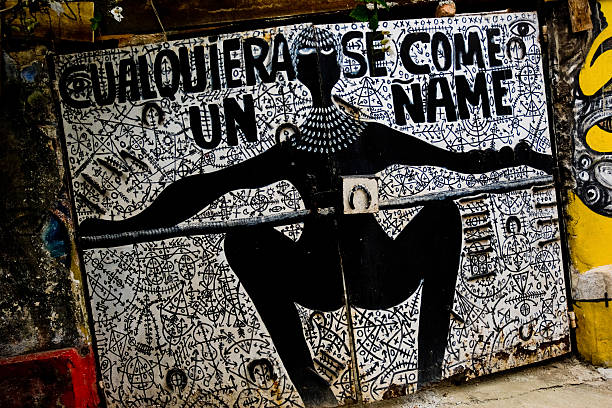
"In many African communities, a child's birth is marked with a cascade of names that serve as fingerprints of identity, ...
WHY CULTURAL APPROPRIATION ISN’T ALWAYS OFFENSIVE
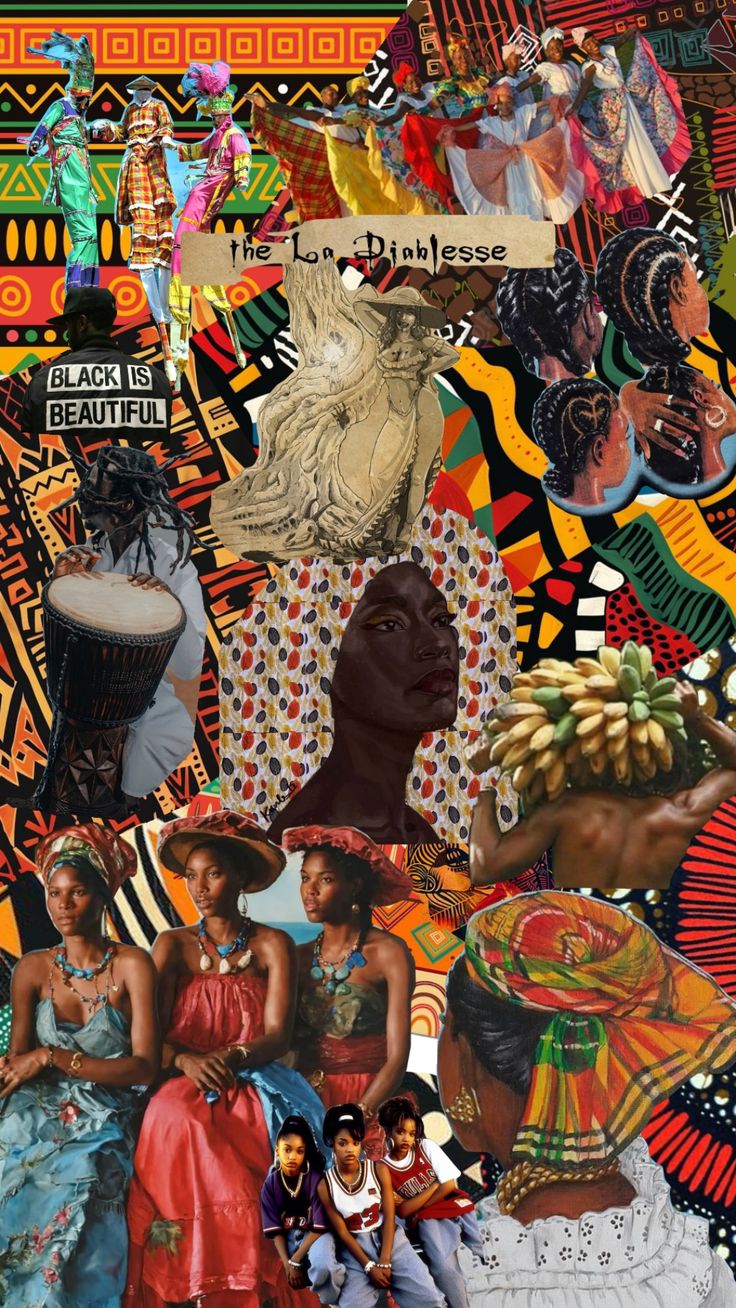
In a world of global fusion, is every act of cultural borrowing theft—or can it be respect? This thought-provoking essay...
Africa’s Health Revolution: How a New Generation is Redefining Global Wellness from the Ground Up

Move beyond the headlines of health challenges. Discover how African youth and innovators are using technology, traditio...
Kwame Nkrumah: The Visionary Who Dreamed of a United Africa
(13).jpeg)
Discover the powerful legacy of Kwame Nkrumah, Ghana’s first president and a pioneer of Pan-Africanism, whose vision for...
Meet the Theremin: The Weirdest Instrument You’ve Never Heard Of
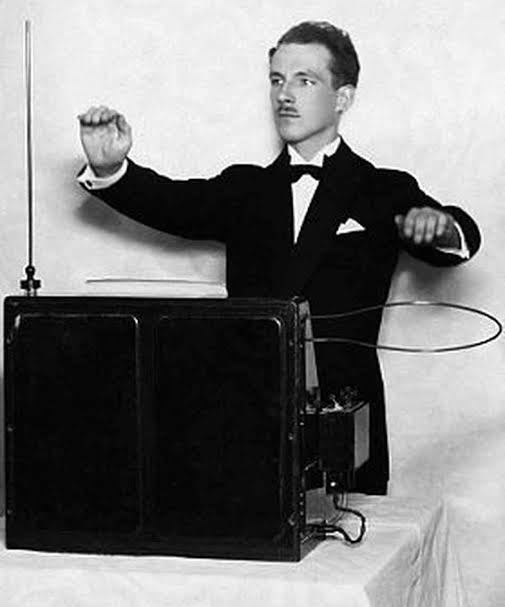
From sci-fi movies to African studios? Meet the theremin—a touchless, ghostly instrument that’s making its way into Afri...
Who Told You Afro Hair Isn’t Formal?
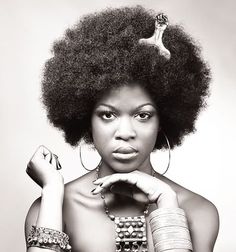
Afro hair is still widely seen as unprofessional or “unfinished” in African society. But who decided that coils, kinks, ...
1986 Cameroonian Disaster : The Deadly Cloud that Killed Thousands Overnight
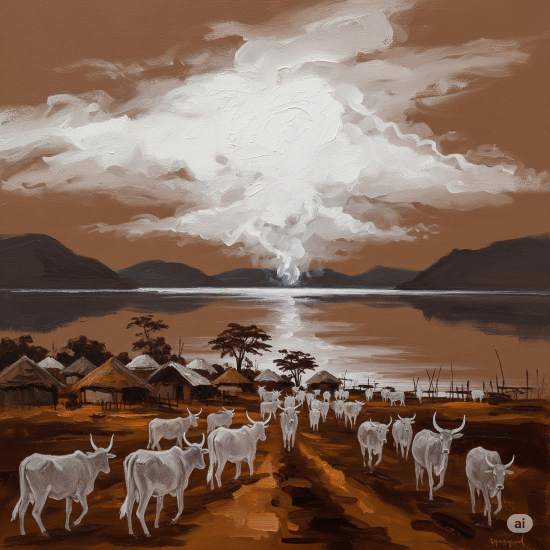
Like a thief in the night, a silent cloud rose from Lake Nyos in Cameroon, and stole nearly two thousand souls without a...
How a New Generation is Redefining Global Wellness from the Ground Up
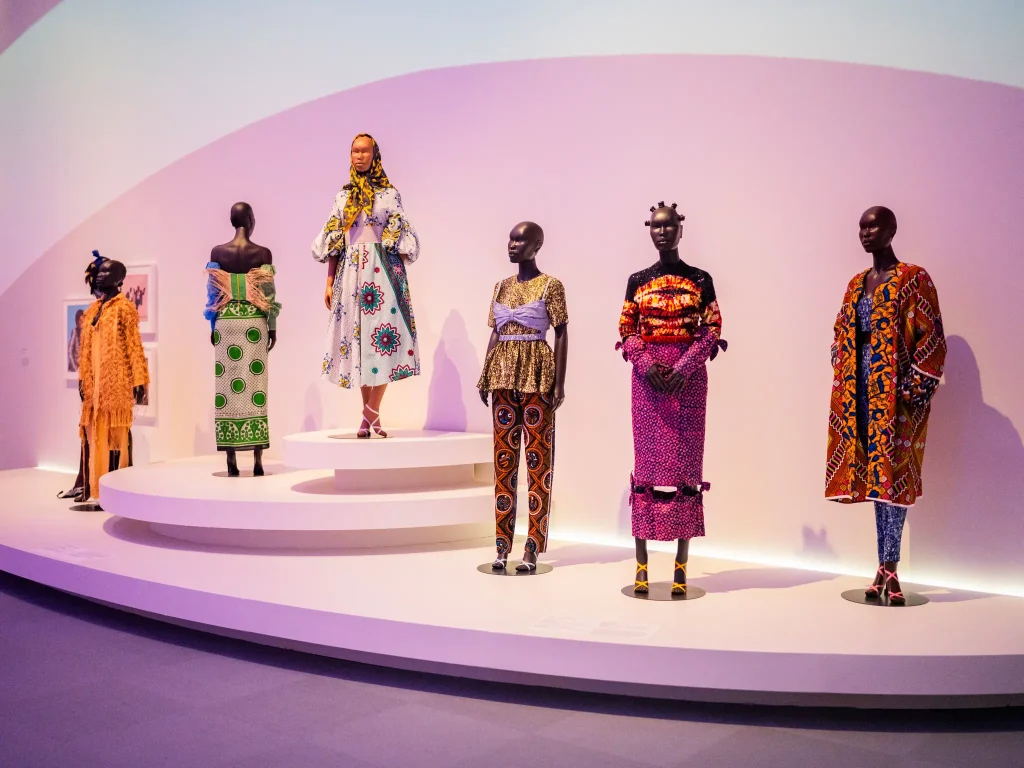
Forget fast fashion. Discover how African designers are leading a global revolution, using traditional textiles & innov...

